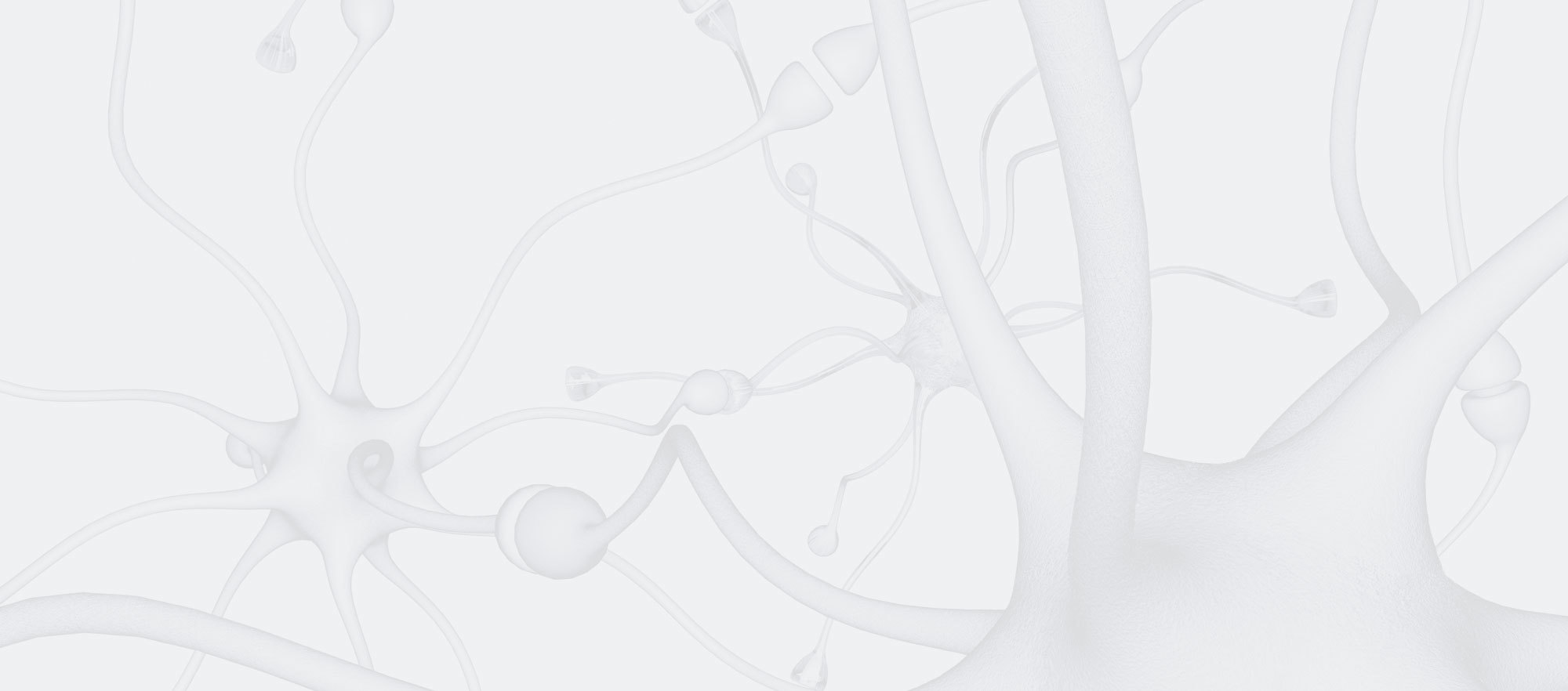Clinical Neuropsychology Evaluations
What is a Clinical Neuropsychologist?
A Clinical Neuropsychologist is a Licensed Clinical Psychologist who specializes in the relationships between the brain and your behavior. Although a Clinical Neuropsychologist has a doctoral degree in psychology, he/she does not just focus on emotional or psychological problems. A Clinical Neuropsychologist has additional training in the specialty field of neuropsychology. This means that a Clinical Neuropsychologist is educated in brain anatomy, brain function, and brain injury and disease. In addition, a Clinical Neuropsychologist has specialized training in administering and interpreting the specific tests included in a neuropsychological evaluation.
Who is Qualified to Conduct a Neuropsychological Evaluation?
A neuropsychological evaluation can only be done by a Clinical Psychologist who has had specialized training and experience in the field, which includes:
- Formal coursework during graduate school in Neuropsychology
- Predoctoral training (1 year) in Psychology and Neuropsychology.
- Ph.D. or Psy.D in Clinical Psychology with related clinical training
- Formal Postdoctoral training (2 years) focusing on assessment, treatment and interventions, consultation, research and teaching.
What is a Neuropsychological Evaluation?
A neuropsychological evaluation is a comprehensive assessment of cognitive, behavioral and emotional abilities using a standardized test battery. Various mental functions are systematically tested, including, but not limited to:
- Validity, Effort, Motivation, Response Bias
- Intelligence
- Academic Achievement
- Attention/Concentration
- Language
- Learning/Memory
- Executive Functioning (Planning, Organizing, Problem Solving)
- Fine Motor Coordination/Manual Dexterity
- Emotion, Behavior, Personality
When is a Neuropsychological Evaluation Needed?
A neuropsychological evaluation is recommended for any case in which brain-based impairment in cognitive function or behavior is suspected. Typical referrals are made to diagnose or rule out the following conditions, and to describe their impact on a person's cognitive functioning:
- Academic and Learning Difficulties
- Attention Deficit Disorder and Executive Function Weakness
- Developmental Disorders
- Neurological Conditions
- Seizure Disorders
- Traumatic Brain Injury
- Medical Illness
- Memory Concerns
- Emotional/Behavioral Problems
- Dementing Conditions (e.g., Alzheimer's Disease)
Clinical Neuropsychology Resources
Child and Adolescent Health
- American Academy of Child and Adolescent Psychiatry http://www.aacap.org
- American Academy of Pediatrics http://www.aap.org
- Child and Adolescent Mental Health http://www.nimh.nih.gov/health
- National Information for Children and Youth with Disabilities http://www.kidsource.com
- Mental Health
- National Institute of Mental Health http://www.nimh.nih.gov
Aging
- National Institute on Aging http://www.nia.nih.gov
Alzheimer’s Disease
- Alzheimer's Disease Education and Referral http://www.nia.nih.gov/alzheimers
Parkinson’s Disease
- Stroke Institute of Neurological Disorders and Stroke http://www.ninds.nih.gov
Stroke
- National Stroke Organization http://www.stroke.org
Caregiver Support
- Family Caregiver Alliance http://www.caregiver.org
Brain Injury
- Brain Injury Association of America http://www.biausa.org
Brain Tumors
- American Brain Tumor Association http://www.abta.org
- Brain Tumor Society http://www.tbts.org
- National Brain Tumor Foundation http://www.braintumor.org
Multiple Sclerosis
- National Multiple Sclerosis Society http://www.nationalmssociety.org
Professional Resources
- The American Psychological Association’s Division of Clinical Neuropsychology http://www.div40.org
- The International Neuropsychological Society http://www.the-ins.org
- The National Academy of Neuropsychology http://www.nanonline.org
- Neuropsychology Central http://www.neuropsychologycentral.com


